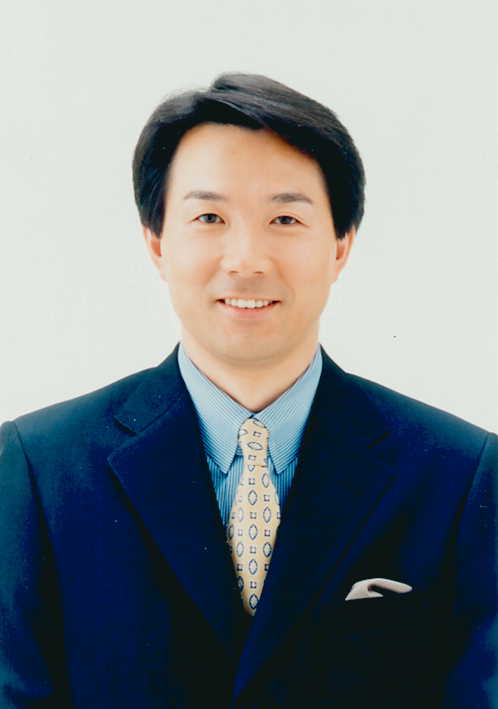 W
WA leadership election was held in the Liberal Democratic Party of Japan on 20 September 2006 after the incumbent party leader and Prime Minister Junichiro Koizumi announced his intention to resign, a year after he led the party to victory in a snap election. Shinzō Abe won the election,. His chief competitors for the position were Sadakazu Tanigaki and Taro Aso. Yasuo Fukuda was a leading early contender, but ultimately chose not to run. Former Prime Minister Yoshirō Mori, to whose faction both Abe and Fukuda belonged, stated that the faction strongly leant toward Abe. Abe was subsequently elected Prime Minister with 339 of 475 votes in the Diet's lower house and a majority in the upper house.
 W
WA leadership election was held in the Liberal Democratic Party of Japan on 22 September 2008 after the incumbent party leader and Prime Minister of Japan Yasuo Fukuda announced that he would resign on 1 September 2008, only 11 months after taking office on 25 September 2007 following a leadership election on 23 September 2007. Taro Aso, who had lost to Fukuda in the 2007 leadership election, was widely seen as the frontrunner to replace him, and announced on 2 September 2008 he was ready to take over as party leader. Aso won the leadership election against four opponents, receiving 67% of the vote.
 W
WThe 18th Democratic Party of Japan presidential election was held on January 18, 2015. The election was held to replace outgoing president Banri Kaieda who resigned after losing his seat in the December 2014 general election. Acting president Katsuya Okada won the election after two rounds of voting, returning to the position he held from 2004 until 2005.
 W
WThe Democratic Party held a presidential election on 15 September 2016. It was the party's first election since the formation of the party from the merger of the Democratic Party of Japan and the Japan Innovation Party. The race determined the successor of acting president Katsuya Okada who decided against running for a full term.
 W
WThe Japanese conservative Kibō no Tō held a leadership election on 10 November 2017. It was the party's first leadership election since its formation in September 2017, prior to the 2017 general election. The race was held to choose a co-leader to serve alongside party leader and founder Yuriko Koike.
 W
WThe Democratic Party for the People held a leadership election on 4 September 2018. It was the party's first leadership election since its formation in May 2018 from the merger of the Democratic Party and the majority faction of Kibō no Tō. The race was held to choose a successor to interim leaders Yuichiro Tamaki and Kohei Otsuka. The elected leader was slated to serve a 3-year term.
 W
WA leadership election was held on 20 September 2018 to elect the next president of the Liberal Democratic Party of Japan for a new 3-year term. Incumbent president Shinzo Abe was running for re-election after a rule change in 2017 that allowed him to run for a third term.
 W
WThe 2020 Liberal Democratic Party of Japan leadership election was held on 14 September 2020 to elect the next president of the Liberal Democratic Party of Japan, three days before the National Diet was scheduled to hold a session to elect the new Prime Minister. Initially scheduled to be held in September 2021, incumbent party president and the longest-serving Prime Minister of Japan, Shinzo Abe, suddenly resigned on 28 August 2020, citing recent health concerns, prompting an election to select the President to serve the rest of Abe's term.
 W
WThe 2021 Liberal Democratic Party leadership election was held on 29 September 2021 to elect the next President of the Liberal Democratic Party of Japan. The winner of the election, Fumio Kishida, became the Prime Minister of Japan, and led the party into the 2021 Japanese general election.
 W
WThe 2021 Constitutional Democratic Party of Japan leadership election took place on 30 November 2021 to elect the next President of the Constitutional Democratic Party of Japan after the inaugural leader of the party, Yukio Edano, announced his intention to resign as party leader citing the party's poor performance in the 2021 general election.
 W
WThe Democratic Party held a presidential election on 31 October 2017 to choose a replacement for the previous president Seiji Maehara. Maehara resigned on 30 October 2017 after the failure of his election strategy in the 2017 general election.
 W
WA leadership election was held in the Democratic Party of Japan (DPJ) on 14 September 2010 after the incumbent party President Naoto Kan who served the remain of Yukio Hatoyama's term came to an end at the same time Kan bets for his election. On August 26, 2010 the "Shadow Shōgun" Ichirō Ozawa declared his candidacy to challenge Kan for leadership and premiership.
 W
WThe Democratic Party held a presidential election on 1 September 2017 to choose a replacement for the previous president Renho, who resigned on 27 July 2017.